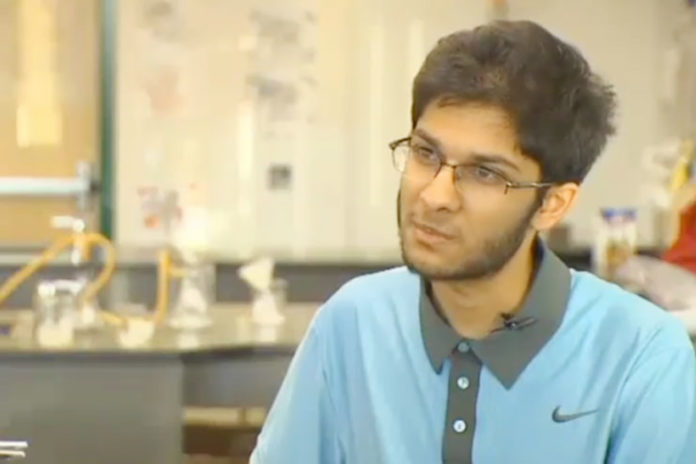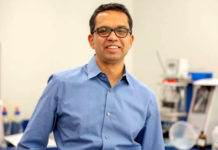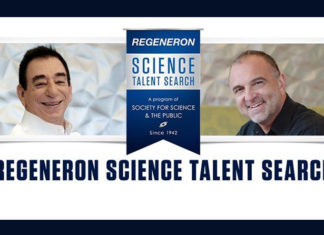Chaitanya Karamchedu, Indian American teenager from Portland, Oregon, has found a cheaper and easier method to turn salt water into drinkable fresh water. Karamchedu or Chai as he prefers to be called has already caught the interest of MIT and Intel, who are keen to take his exciting research forward.
“1 in 8 people do not have access to clean water, it’s a crying issue that needs to be addressed,” said Karamchedu. “The bsest access for water is the sea, so 70 percent of the planet is covered in water and almost all of that is the ocean, but the problem is that’s saltwater, scientists looked at desalination, but it’s all still inaccessible to places and it would cost too much to implement on a large scale.”
More than a dozen Indian origin people makes to Forbes 30
“People were concentrated on that 10 percent of water that’s bonded to the salt in sea and no one looked at the 90 percent that was free,” said Karamchedu’s biology teacher Dr. Lara Shamieh. “Chai just looked at it and said if 10 percent is bonded and 90 is free, why are we so focused on this 10 percent, let’s ignore it and focus on 90.”
Salt water is 90 percent drinkable and Karamchedu’s polymer isolates that drinkable water from the water molecules that have bonded with salt, purifying it.Breaking molecular bonds is difficult and expensive, and Karamchedu’s technique sidesteps the technology.
“What this is compared to current techniques, is that it’s cheap and accessible to everyone, everyone can use it,” said Shamieh.
Knighthood for Indian origin professor
Karamchedu has received a $10,000 award from Intel’s International Science Fair and took second place at MIT’s TechCon Conference. He has also received a $2,000 grant from the Regeneron Science Talent Search, one of 300 high schoolers to receive the prestigious honor.
“They were very encouraging, they could see things into it that I couldn’t, because they’ve been working their whole lives on this,” said Karamchedu.
“He’s working on at least mentally thinking about the idea of killing cancer cells from the inside out. I keep telling him to remember his high school biology teacher when he wins the Nobel prize,” said Shamieh.
“I can really see beauty in things that aren’t immediately applicable, and at the same time I want to do something to make a difference that’s not completely in the abstract. It’s important what you do has an impact on people,” Karamchedu added.
By Premji














































